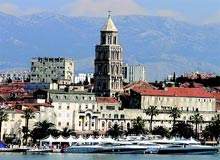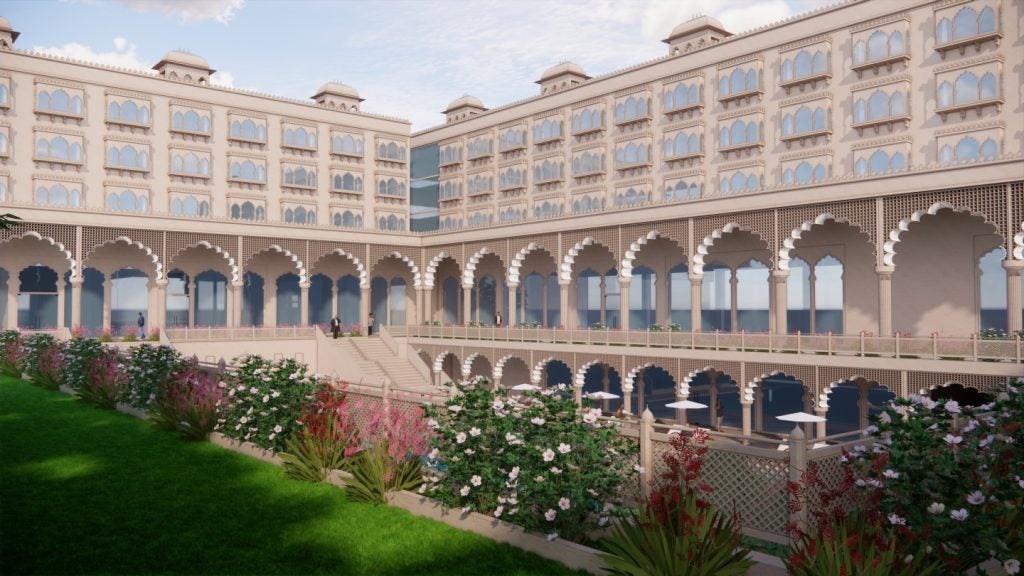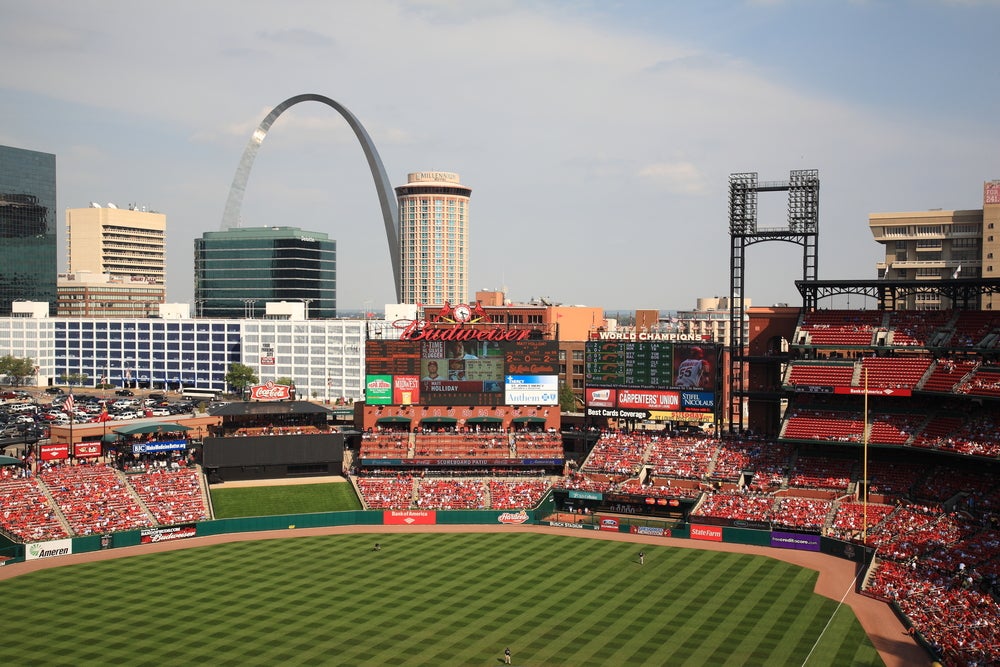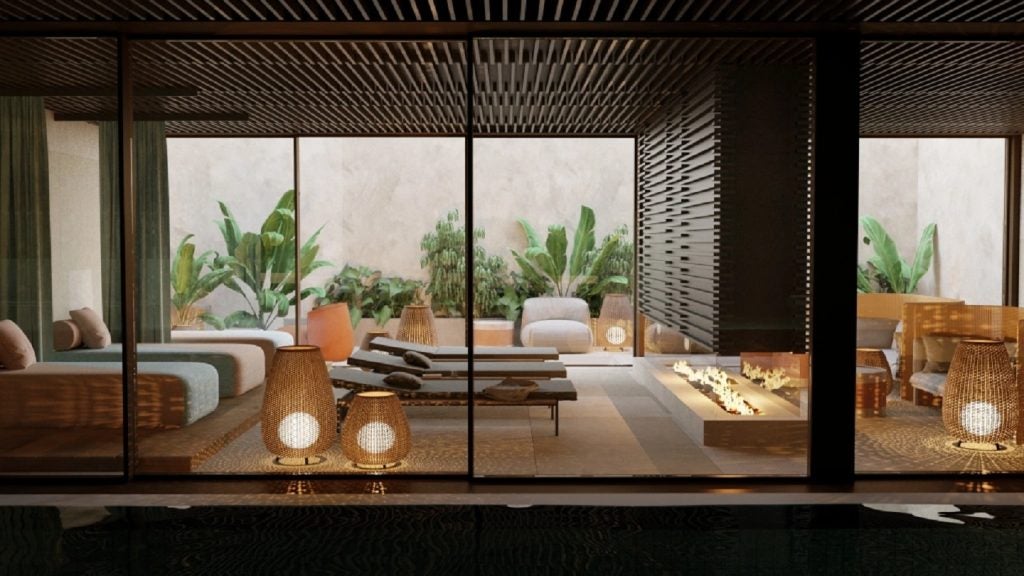
Croatia was once the tourist centre of the former Yugoslavia, boasting a thriving hospitality industry. Visitors were attracted by the gorgeous summer climate and rich, diverse culture – Dubrovnik, known as the Pearl of the Adriatic, and Split were particularly popular.
In 1990, over 8.5 million tourists visited the country. However, with the outbreak of civil war in 1991, Yugoslavia broke apart in a prolonged and bloody ethnic conflict.
IN THE SHADOW OF WAR
After the Second World War, Croatia became a multiethnic republic forming part of the socialist federation that was Yugoslavia.
Following the death in 1980 of President Tito, the federation saw its individual members increasingly asserting their desire for independence, a trend accelerated by the fall of communism in Eastern Europe in 1989.
See Also:
In 1991 Croatia declared independence, following free elections the previous year for the first time in half a century. A Croatian Serb force backed by the Yugoslav Army (JNA) responded by expelling Croats in eastern Yugoslavia, sparking the four-year conflict.
How well do you really know your competitors?
Access the most comprehensive Company Profiles on the market, powered by GlobalData. Save hours of research. Gain competitive edge.

Thank you!
Your download email will arrive shortly
Not ready to buy yet? Download a free sample
We are confident about the unique quality of our Company Profiles. However, we want you to make the most beneficial decision for your business, so we offer a free sample that you can download by submitting the below form
By GlobalDataThe consequences were almost as ruinous for the hospitality industry as they were for the Croats. In Dubrovnik, for example, which was bombarded by the JNA, up to 70% of the city’s buildings were damaged by heavy shelling and many historic monuments were destroyed.
REFUGEE SAFETY
During the war, the hotel sector had a very different role. “Hotels were used to accommodate refugees and displaced persons,” explains Amelia Tomasevic, managing director of the Zagreb Tourist Board and the former general manager of the Hotel Esplanade in Zagreb. “Out of 700,000 refugees in 1992, some 65,000 were accommodated in over 200 hotels.”
After the war ended in 1995, hotels remained homes for the displaced. In 1997 there were still 15,000 refugees housed in over 140 hotels. Tomasevic notes that one refugee from Vukovar, Branka Boban, arrived at the Hotel Esplanade in Zagreb in 1991 and only left when the hotel closed for renovation in 2003.
“Most displaced people arrived from rural areas and their room became their home,” adds Tomasevic. “Hoteliers provided safety, support, love, protection and food. They empathised with their unhappy guests – they became part of their lives.”
Since 1995 hotels have made themselves a home for tourists rather than refugees. Requiring massive investment; the tourism industry had collapsed; much of the tourism infrastucture had been destroyed and many hotels had to be reconstructed. Hotels were forced to apply for substantial bank loans and there was an exodus of qualified staff.
RECAPTURING FORMER GLORIES
12 years after the end of war, Croatia is seeing something of a tourism boom. The Croatian Tourist Board’s slogan, ‘The Mediterranean As It Once Was’, reflects this newfound confidence.
The reconstruction of Dubrovnik has been a key part of this resurgence. Since 1991 the Croatian Government has spent around $2m a year on the city, with further investment coming from abroad. The redevelopment of infrastructure has also been vital, with 350km of new motorways constructed in recent years.
Today Croatia is seeing record annual numbers of tourists. In 2006 the total topped ten million for the first time. The renovation work on existing hotels and the opening of new properties is clearly paying off.
The government is also focused on revitalising rural tourism, offering incentives and education programmes for individual households and promoting Croatia’s cultural heritage.
New hotel developments in Dubrovnik include the five-star Rixos Hotel Libertas and Hotel Bellevue.
Tomasevic is understandably bullish about the future. “Looking ahead, the goal is to achieve 11 million arrivals and 66 million overnight stays by 2010, which looks achievable given the investment infrastructure and properties, and the growing appeal of the country’s climate and culture to international visitors.”
As with many other destinations in Eastern Europe, investment is still needed, most likely from Western hotel operators looking for further opportunities in the in the region. Regardless, Croatia has made some giant steps in getting tourism back to pre-1991 levels and looks poised for further growth.







